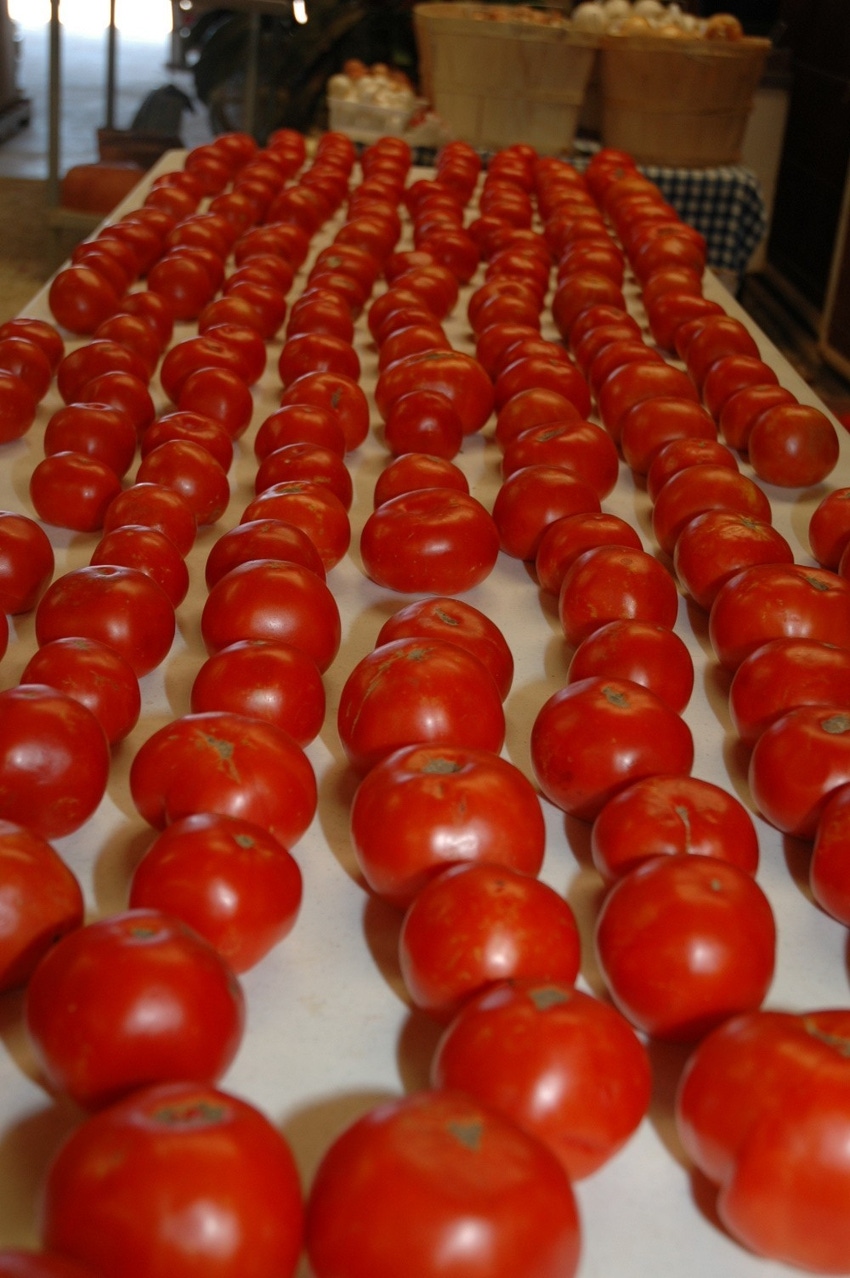
While Texas farmers far and wide are grateful that exceptionally heavy showers and thunderstorms have replenished ground moisture, aquifers, rivers and lakes across the state, many are rebounding from heavy damages at the hands of Mother Nature.
Ranchers are enjoying healthy grasses in pastures and bountiful hay and forage production; farmers are enjoying substantial water resources for irrigated and dryland crops. But many vegetable growers across the state are reeling from costly damage from heavy rain, floods and high winds; some have lost a significant percentage if not all of their seasonal crops.
Hardest hit seems to be east, south and south-central Texas where many onion and tomato producers report heavy crop failure following unprecedented rainfall that flooded fields in recent weeks.
For the latest on southwest agriculture, please check out Southwest Farm Press Daily and receive the latest news right to your inbox.
"The amount of rain we received this spring was devastating to our onion crop," said Carrizo Springs onion grower Bruce Frasier, president of Dixondale Farms.
He says rains in early spring dropped as much water on his fields as he would normally receive over the course of an entire year.
"When you get about that much water in just a few weeks, I don’t think there are any vegetable crops that can withstand that much flooding."
Statewide, crop consultants estimate as much as 30 percent of the onion crop had been lost as of mid-May, and late May and early June rains have added to those problems. But hardest hit were onion producers in the Lower Rio Grande Valley (LRGV) and in the rich Winter Garden region, including Dimmit, Frio, La Salle and Zavala counties. Losses are also significant in parts of Atascosa, Maverick, McMullen, Bexar, Medina, Wilson and Uvalde counties.
Juan Anciso, Texas AgriLife Extension fruit and vegetable specialist in Weslaco, says Valley farmers were hard hit from heavy rains in early May as winter onions and cabbage were being harvested.
Bad year for cabbage
"I have never seen anything like this,” Anciso said of the heavy spring rains this year. "This has been by far the worst season for cabbage."
Not only did cool, wet weather delay final maturity of many Valley vegetable crops, heavy and persistent rains contributed to increased disease pressure.
"Since February, and with heavy rains in March, we saw an explosion of onion diseases,” Anciso said. “These included downy mildew, purple blotch and bacterial blight, all of which are very hard to control."
Farmers were hard pressed to find a window between rains to apply fungicides, and when they did, subsequent and frequent rain showers washed off treatments, allowing diseases to take hold.
Heavy rains and flooded fields across the Valley caused yields to drop as onions in the field began to flower by late May. For cabbage and other plants of the brassica group, they suffered from wide spread black rot. Anciso said even turnips and mustard greens have been affected by black rot, something that has never happened before in the Rio Grande Valley.
For tomato growers in East Texas, growing conditions have not been much better. On June 13 the annual Jacksonville Tomato Festival kicked off as tens of thousands of hopeful consumers filed into town to celebrate all things related to the red fruit. Producers brought enough tomatoes to go around for the festival, but the prospect of a good tomato year has all but wilted in wet fields across the region.
"The heavy and persistent rains … affected a lot of the area farmers. It [the rains] just kept coming and vegetable plants simply cannot stand that much water," said David Claiborne, who carries on the family tradition of growing tomatoes on his farm in Jacksonville.
Claiborne says early spring rains damaged tomato crops but May rains cut expected annual production by at least half, and he warns if warm, sunny weather doesn't return soon, he could be looking at additional losses.
Other vegetable crops, including sweet onions, zucchini and squash, also took hits. Oversaturation and diseases such as blight are primary culprits, but farmers also face fungus and mold, rot, saturated fruit and rampant insects.
While vegetable growers across the state say heavy rains have caused crop losses and will cut into their bottom lines this year, most admit they are glad to see soil moisture restored and lakes and ponds refilled, a development that makes them optimistic about next year's crop and possibly even a second crop this year if weather conditions turn favorable.
About the Author(s)
You May Also Like




